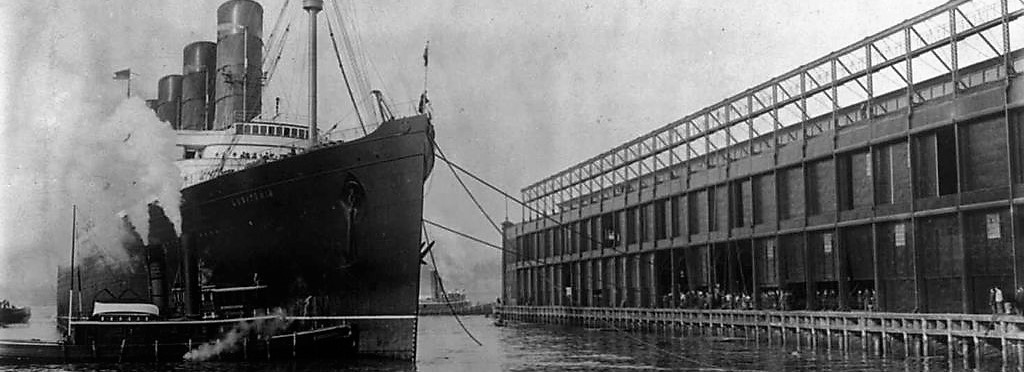
Overview: WWI
Significance
World War I was the most consequential event of the twentieth century. Much that followed, including the rise of Communism and fascism, the Great Depression, and World War II, occurred as a direct or indirect result of the war.
Causes
The immediate cause of the war was the assassination of Archduke Franz Ferdinand, the heir to the throne of the Austro-Hungarian Empire, Underlying causes included rivalries among the great powers, the breakdown in the balance of power caused by the rise of Germany, a system of alliances that committed countries to assist their allies, and war plans that made it difficult to stop the drift toward war.
Consequences
- Nearly ten million soldiers died and about 21 million were wounded. U.S. deaths totaled 116,516.
- Four empires collapsed: the Russian Empire in 1917, the German and the Austro-Hungarian in 1918, and the Ottoman in 1922.
- Independent republics were formed in Austria, Czechoslovakia, Estonia, Hungary, Latvia, Lithuania, and Turkey.
- Most Arab lands that had been part of the Ottoman Empire came under the control of Britain and France.
- The Bolsheviks took power in Russia in 1917, and fascists triumphed in Italy in 1922.
- Other consequences of the war included the mass murder of Armenians in Turkey and an influenza epidemic that killed over 25 million people worldwide.
- Under the peace settlement, Germany was required to pay reparations eventually set at $33 billion; accept responsibility for the war; cede territory to Belgium, Czechoslovakia, Denmark, France, and Poland; give up its overseas colonies; and accept an allied military force on the west bank of the Rhine River for fifteen years.